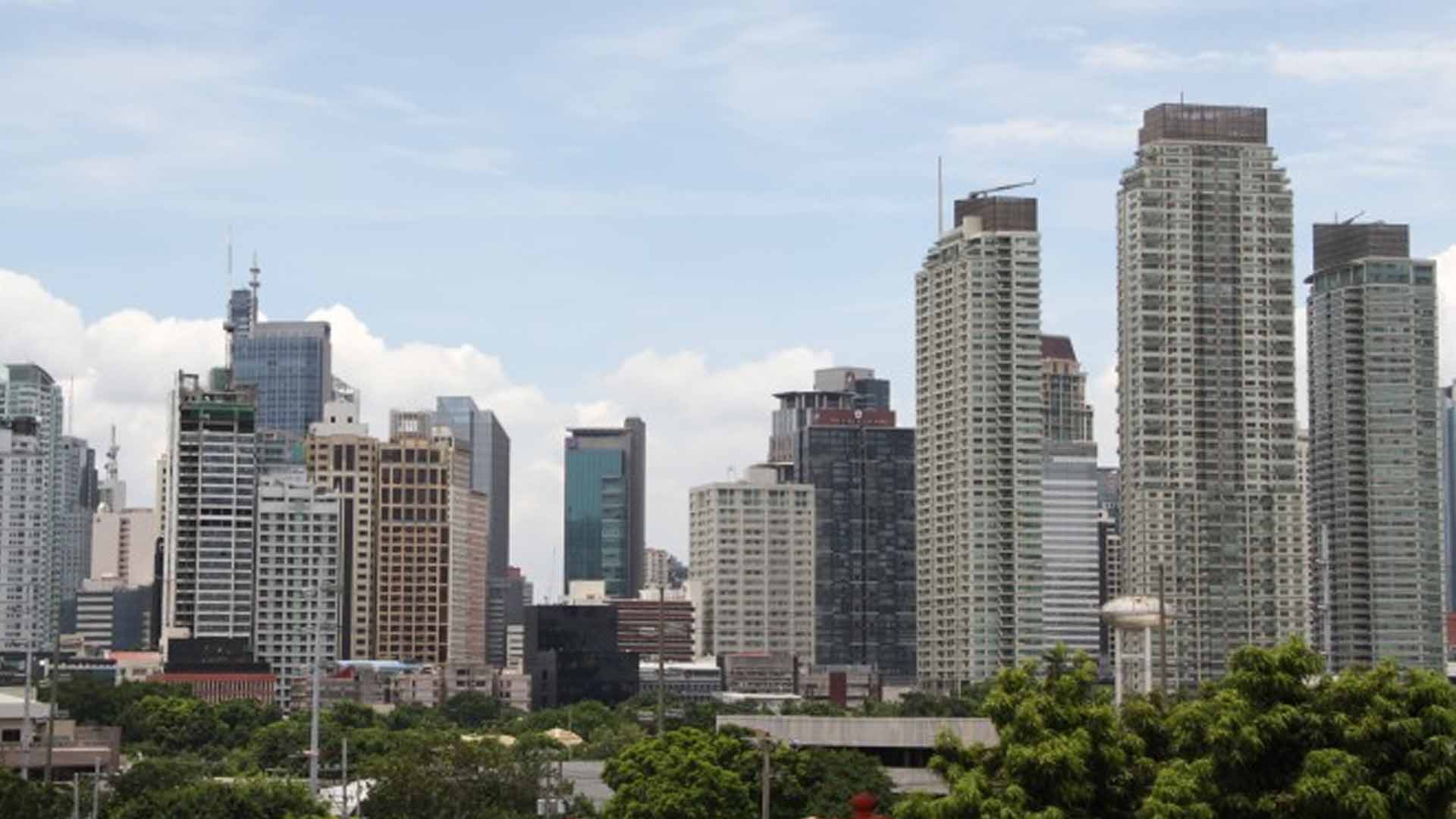Boosting private sector growth and continued implementation of structural reforms will help boost Philippine economic growth, the World Bank said.
In its Philippine Economic Update (PEU) report released on Thursday, the World Bank said the Philippines can further boost its growth prospects by implementing vital reforms that empower small and medium enterprises (SMEs) to further grow.
For this year, the World Bank projects Philippine economic growth to settle at 5.3 percent.
Economic growth is forecast to accelerate to 5.4 percent in 2026 and 5.5 percent in 2027.
The PEU attributed the growth to the robust job market, stable and low inflation, and supportive fiscal and monetary policies which will help offset headwinds caused by increasing trade barriers.
The international lender, however, noted that supporting the growth of high-potential SMEs will help unlock the potential for increased economic dynamism and resilience.
The report cited the need to improve access to testing facilities and certification services.
It also called for the simplification of regulations for laboratories and the import of testing equipment, coupled with securing international recognition and compatibility of Philippine certifications and standards.
In a separate briefing in Makati City, World Bank Senior Country Economist for Economic Policy Jaffar Al-Rikabi said structural reforms will help safeguard and accelerate growth.
He said the government must invest in the infrastructure foundation necessary for jobs with a focus on connectivity infrastructure and skills gaps.
“The second pillar is really around improving governance and streamlining business regulations so that the business environment can be improved,” he added.
Al-Rikabi also cited the need to mobilize private capital to complement public funds.
“Over the medium term, reforms to strengthen domestic revenue mobilization and improve public expenditure efficiency will enable the government to implement its medium-term fiscal framework and rebuild fiscal buffers,” he said.
Al-Rikabi said risks to the country’s growth outlook include higher policy uncertainty that could weaken global growth further, and escalating regional conflicts that may result in elevated commodity prices and impact global shipping and logistics prices.
The World Bank, meanwhile, expects headline inflation to settle at 2.4 percent this year which is at the lower end of the government’s 2 to percent target. (PNA)








